

May seminar of the Forum of Hellenistic and Roman Philosophy
The Forum of Hellenistic and Roman Philosophy cordially invites you to its next seminar on The Epicurean Notion of Epibolé by Prof. Voula Tsouna (UC Santa Barbara) on May 27, 2021 at 12.00 pm New York / 5.00 pm Cambridge / 6.00 pm Budapest / 7.00 pm Athens time.
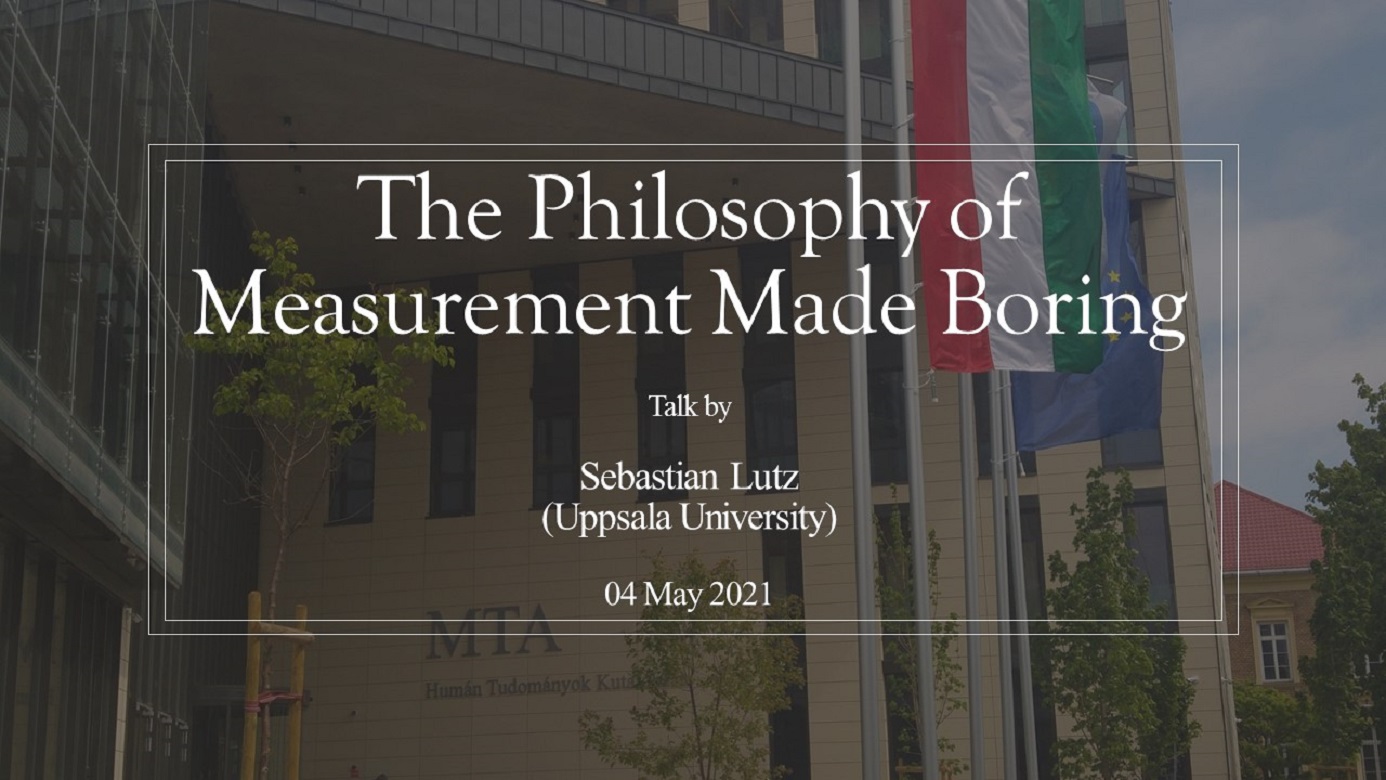
Talk by Sebastian Lutz
The Institute of Philosophy, RCH, cordially invites you to the upcoming talk
Sebastian Lutz (Uppsala University)
The Philosophy of Measurement Made Boring
The talk will be online.
Abstract:
I suggest that standardization of quantities is a pragmatically and vaguely distinguished special case of concept formation and that measurement is an inference from empirical results about a standardized quantity given some background assumptions (including laws of nature). The measurement debate is thus but a special case of the debates about concept formation and inference, and the logical empiricists’ positions on these topics can be immediately applied to it. Their positions provide straightforward solutions to alleged problems of conventionalism in the philosophy of measurement, for instance the influence of empirical results on standardization, different methods of measuring the same quantity, improvements of measurements and standardizations, and the roles of theoretical assumptions and of models in standardization and measurement.
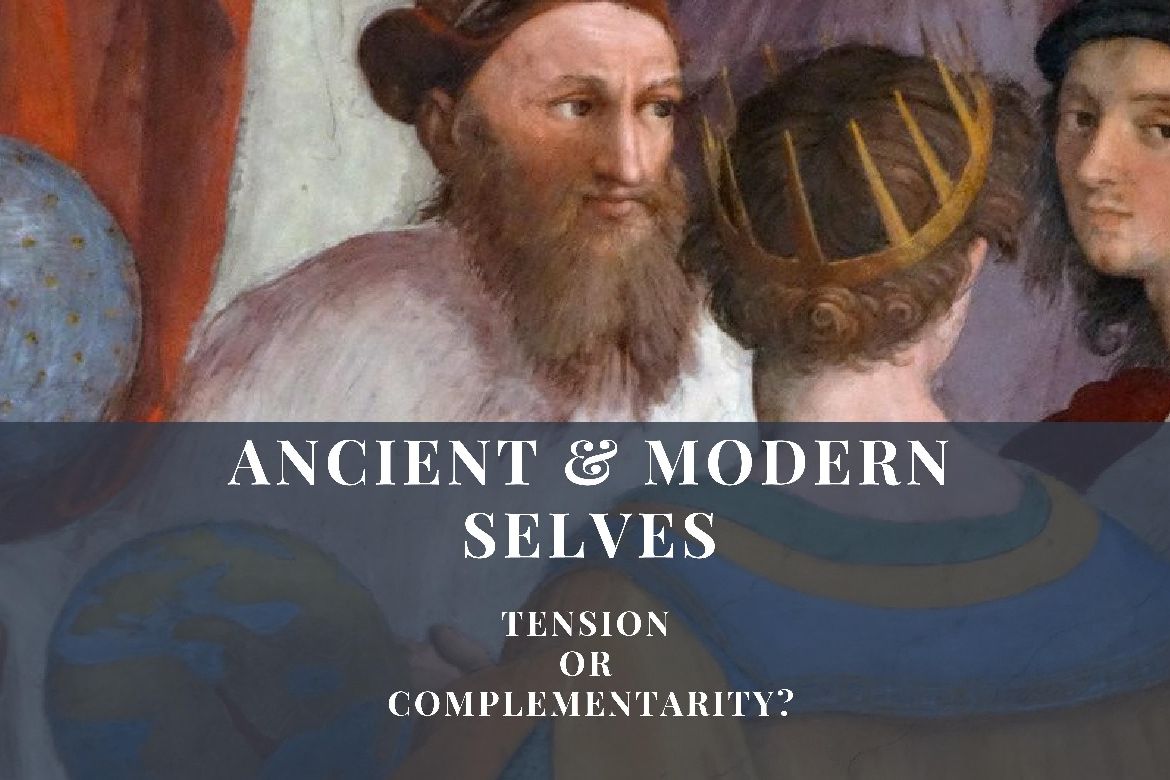
Ancient and Modern Selves: Tension or Complementarity?
The Institute of Philosophy, RCH, cordially invites you to the upcoming online workshop on
Ancient and Modern Selves: Tension or Complementarity?
Date: 16 April 2021
The notion of the self is not only a hotly contested topic of debate in modern ethics, but it is unclear whether the ancients at all possessed a clearly formulated concept of it. The work of Pierre Hadot and Michel Foucault on spiritual exercises and the transformation of the self has stimulated some important recent work on the problems of the self in Hellenistic philosophy. Several important scholars and philosophers (like Brad Inwood, Christopher Gill, Charles Taylor and Bernard Williams) have argued, however, that our view of ancient thinkers on the self is profoundly distorted by the Cartesian subjective-individualist model of selfhood typical of modernity.
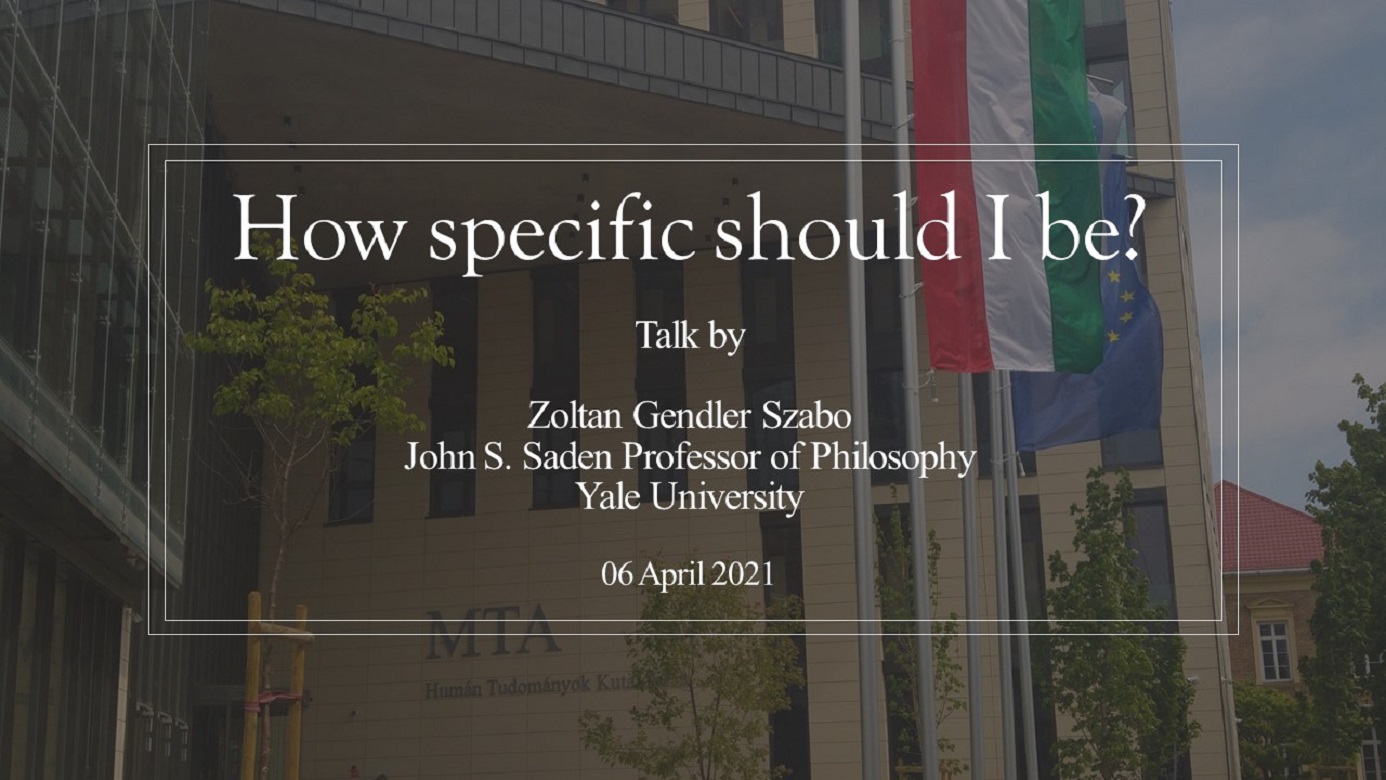
Talk by Zoltán Gendler Szabó
The Institute of Philosophy, RCH, cordially invites you to the upcoming talk
Zoltán Gendler Szabó (YALE)
How specific should I be?
The talk will be online.
Abstract:
You can’t normally utter ‘I like that car’ out of the blue when there is no car around. The standard view in philosophy of language is that this is because the sentence fails to express a specific proposition in such a context, and hence, there is nothing specific you can say in uttering it. On the other hand, if you point at a car nearby your utterance is unproblematic: it is true or false depending on whether you like the car you pointed at. Alas, the standard view does not predict this – your gesture does not differentiate between the car type and the car token, so there is still no specific proposition for the sentence to expresses, and still nothing specific for you to say in uttering it.

March seminar of the Forum of Hellenistic and Roman Philosophy
The Forum of Hellenistic and Roman Philosophy cordially invites you to its next seminar on Between the World and the Void: A Stoic Category of Unfilled Space by Prof. David Konstan (New York University) on March 25, 2021 at 12.00 pm New York / 4.00 pm Cambridge / 5.00 pm Budapest / 6.00 pm Athens time.
The paper is available for download after Registration:
https://zoom.us/meeting/register/tJcqdOuhrDgtH90xh7t3Yp8YWW-X7PANVeV8
Abstract available here.
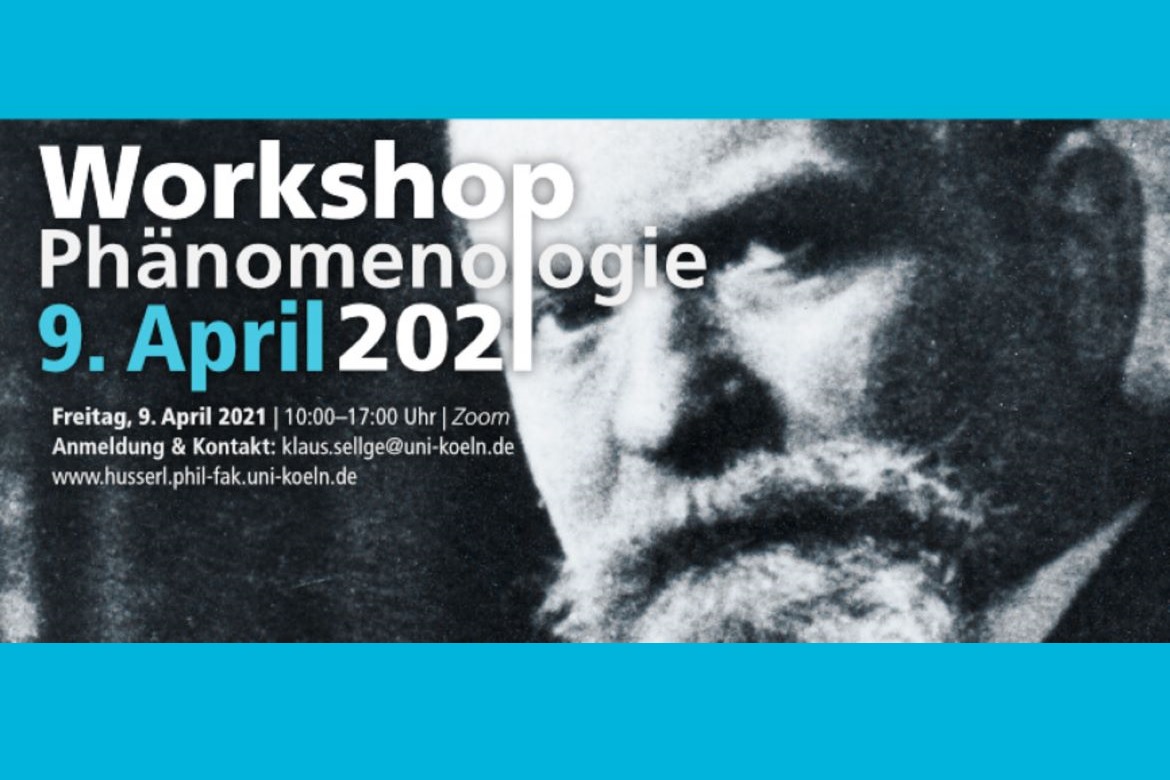
Lecture in the Husserl Archives in Cologne
One of our researchers, Peter Andras Varga is attending the conference of the Husserl Archives at the University of Cologne in Germany. His lecture, entitled Das Problem der Biographie von Edmund Husserl, is dedicated to his conception of writing the philosophical biography of Edmund Husserl. The poster of the online conference is available here.
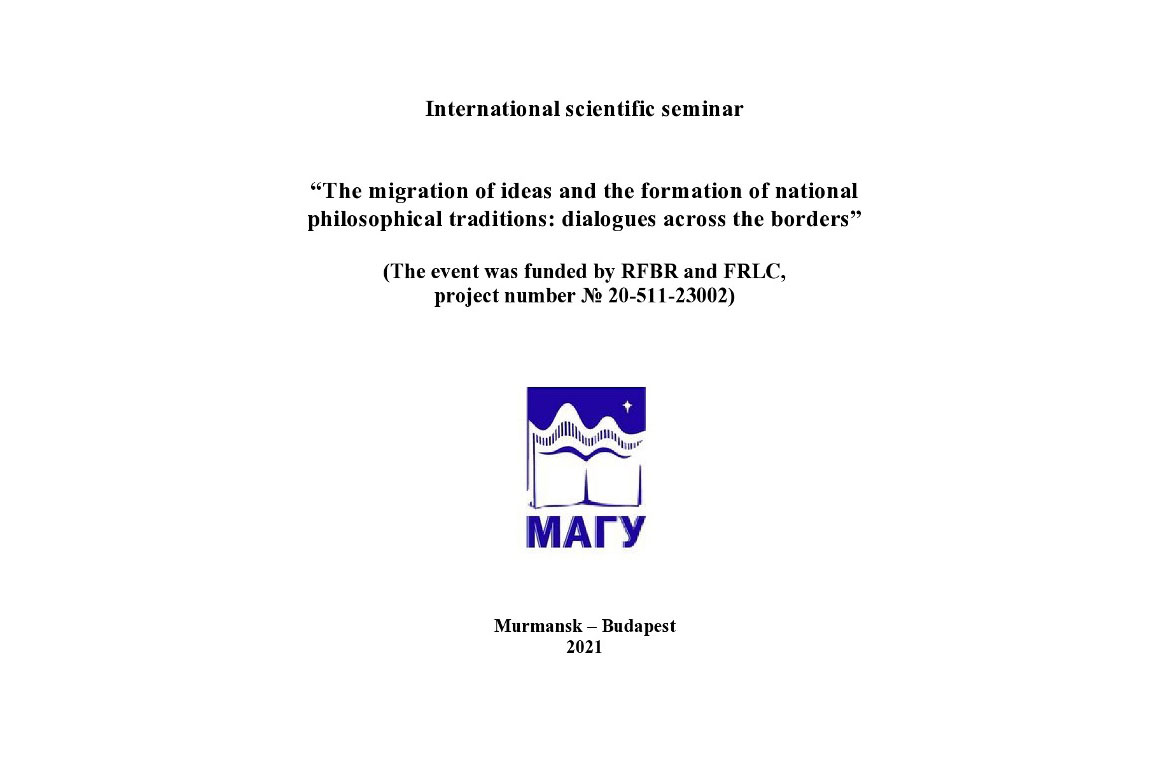
International seminar entitled The migration of ideas and the formation of national philosophical traditions: dialogues across the borders
The Institute of Philosophy, Research Centre for the Humanities, cordially invites you to the Murmansk–Budapest international scientific seminar entitled The migration of ideas and the formation of national philosophical traditions: dialogues across the borders, funded by RFBR and FRLC, (project number № 20-511-23002). The programme of the seminar is available here; (the initial date in the programme is calculated by Moscow time).
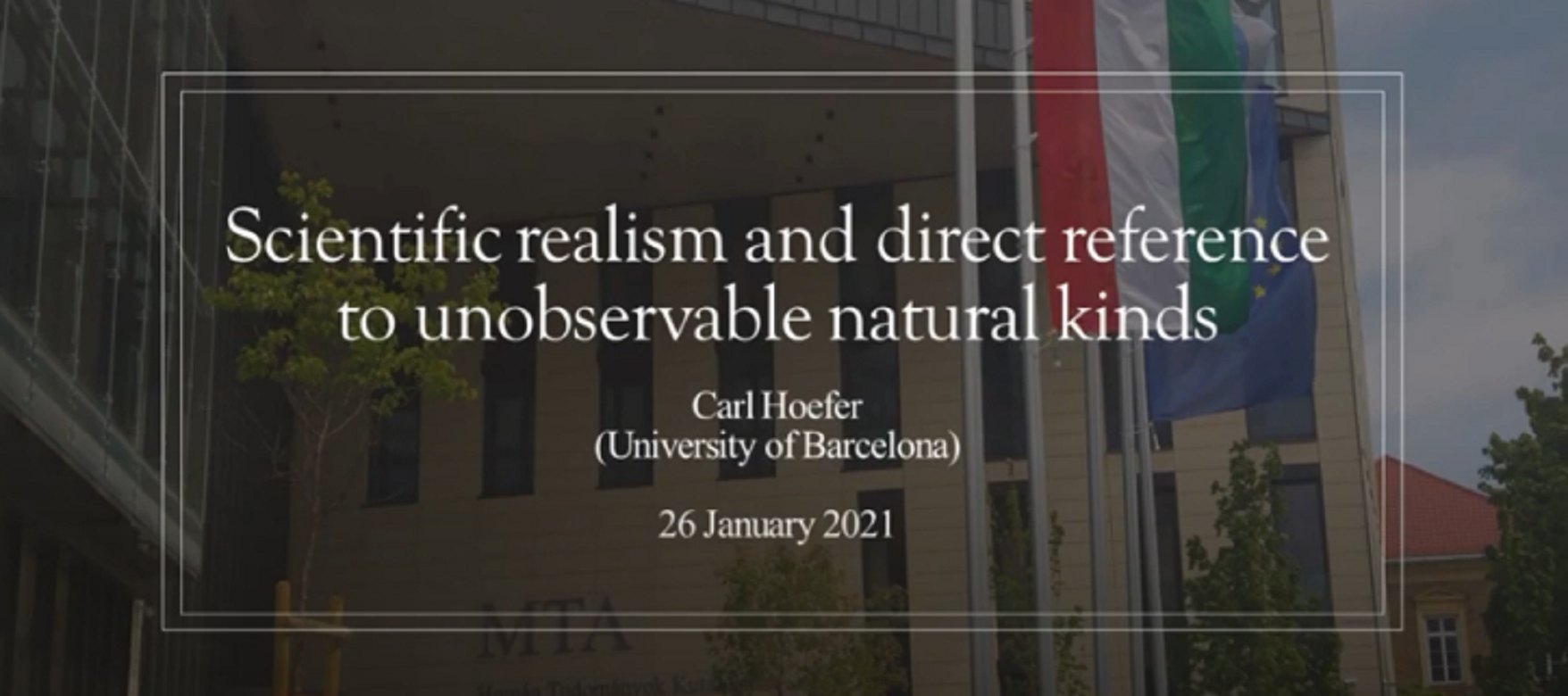
Talk by Carl Hoefer
The Institute of Philosophy, RCH, cordially invites you to the upcoming talk
Carl Hoefer (University of Barcelona)
Scientific realism and direct reference to unobservable natural kinds
The talk will be online and is based on a paper that is a joint work with Genoveva Martí.
Abstract:
In this talk I continue my defense of a version of scientific realism, Tautological Scientific Realism (TSR), that rests on the claim that, excluding some areas of fundamental physics about which doubts are entirely justified, many areas of contemporary science cannot be coherently imagined to be false other than via postulation of radically skeptical scenarios, which are not relevant to the realism debate in philosophy of science. I will discuss, specifically, the threats of meaning change and reference failure associated with the Kuhnian tradition, which depend on a descriptivist approach to meaning, and will argue that descriptivism is not the right account of the meaning and reference of theoretical terms.
More Articles …
Page 14 of 59


